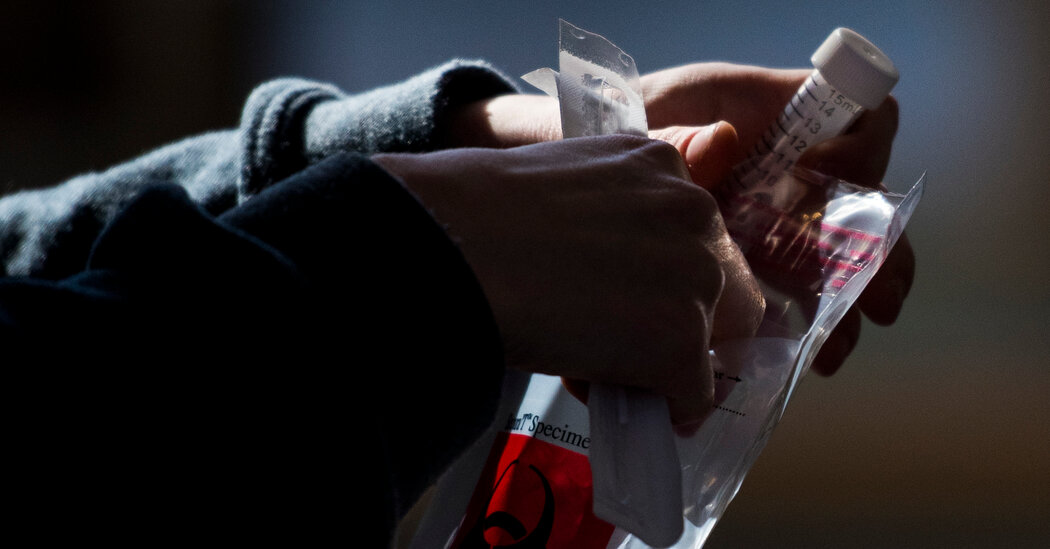
Hospitals are already overburdened by Delta patients, and the consequences of many infections in a short period will be increasingly deadly. Even cases among the vaccinated can still lead to long Covid.
Fortunately, there’s mounting evidence that a third shot, which the Food and Drug Administration authorized in November for all adults, can increase people’s defenses. But only around 28 percent of Americans have received a booster.
While policymakers are still urging people to do what they can to avoid spreading or contracting the virus, the response to Omicron has largely been to re-emphasize the need for boosters in order to bolster immunity against an infection that will be hard to keep at bay. More measures will likely be needed to lessen the toll on the health system. Rapid tests for every American could help prevent transmission by identifying infections early, for example.
With the eradication of Covid-19 off the table, the hope has been that one variant — in the best-case scenario, an innocuous one — would finally push the United States toward endemicity, a consistent but relatively contained level of infection. But the world will need a lot more immunity to get there. Ideally, people would be both vaccinated and regularly boosted so that they have protection against disease when they are exposed to any variant and at most feel they have a crummy cold and recover.
Annual shots, as with seasonal flu variants, and boosters, as with tetanus, have always been an accepted part of infectious disease prevention. And outside of the Covid pandemic, no one really speaks of breakthrough infections, though the term may still apply. In the future, getting Covid-19 boosters and breakthroughs will feel like the new normal, Dr. Ellebedy said.
While SARS-CoV-2 infections among the vaccinated may feel like a personal problem, they actually represent a societal and global one. In the United States, for example, the Delta variant has already pummeled health care infrastructure, putting strain on providers and making it more difficult for everyone from cancer patients to people experiencing appendicitis to seek care.
“We will continue to have variants of concern emerging as long as we have large swaths of the human population that are unprotected,” said the bioethicist Nancy Jecker, a professor at the University of Washington School of Medicine.







